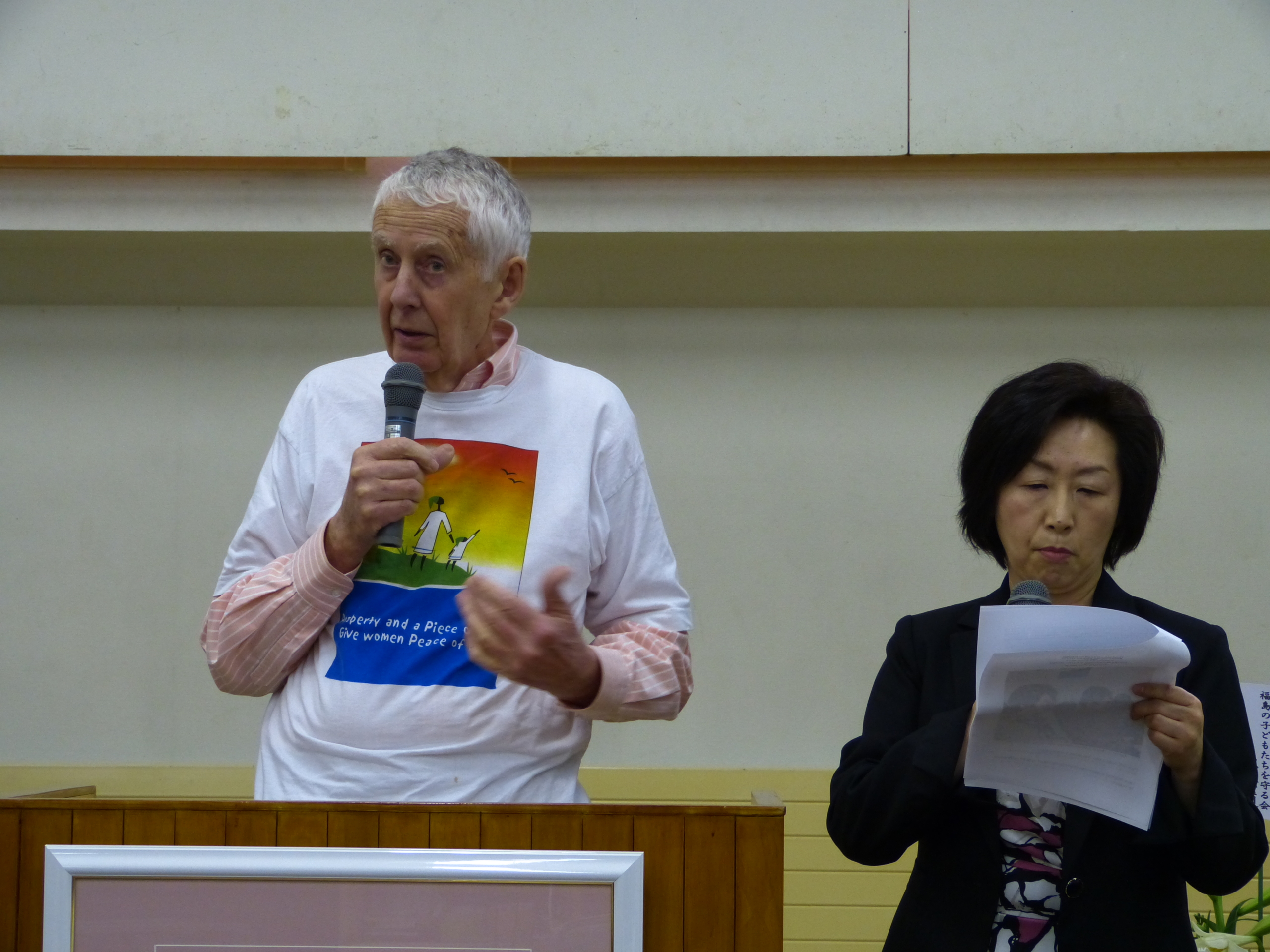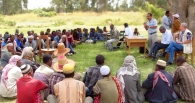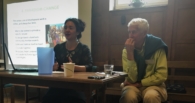On the African Palm Oil Frontier in The Guardian
Robin Palmer
7 December 2016
/
- 0 Comments
On the African Palm Oil Frontier in The Guardian
On 23 November, I went, for the first time in my life, to the offices of The Guardian adjacent to King’s Cross station. The event was a panel discussion, supported by RSPO (the Roundtable on Sustainable Palm Oil) on Africa the new palm frontier: can we avoid the mistakes of the past? On our seats were two RSPO publications, Protecting communities, forests and the climate and Transforming the market to make sustainable palm oil the norm, which rather set the tone of the evening!
The context was one of awareness of some fairly hairy palm oil experiences in Asia and the fear that these might be repeated in Africa. For example, recent newspaper headlines include ‘The hidden side of agribusiness: violation of indigenous and community land rights in Southeast Asia’, ‘Korean palm oil firm accused of illegal forest burning in Indonesia’, ‘Goodhope Asia accused of land grabbing in West Papua for palm oil’, and ‘Philippines islanders unite to resist “land grab” palm oil companies’.
The evening began with an excellent short film by Global Witness, Palm oil in Liberia: hope and anger in one of Africa’s poorest countries, which nicely illustrated very different perspectives within a community towards a palm oil company. (Later I said please remember that there is no such thing as ‘the community’.) There were four speakers, three of them excellent, followed by sufficient time for discussion and questions. The audience numbered about a hundred, of whom very few were black.
Abraham Baffoe, Africa regional director of Proforest, which seeks to ‘help people to manage and source natural resources sustainably’, told us that the previous week at the UN climate change conference in Marrakesh, ministers from seven African countries (the Central African Republic, Côte d’Ivoire, DRC, Ghana, Liberia, Congo and Sierra Leone) had signed a Declaration under which they will only welcome oil palm investments that comply with the principles of sustainability, transparency and the protection of human rights. This, Baffoe said, represented only the end of the beginning but it was critical in the context of climate change. We need to work collectively, he stressed, in a context in which palm oil investment is growing fast and things could either go well, in terms of jobs, or badly, in terms of loss of land and livelihoods, or very badly, in the event of conflicts.
Tom Lomax, legal and human rights programme coordinator of Forest Peoples Programme, which aims to ‘promote the rights of forest peoples worldwide’, had worked in Liberia and Cameroon. Too many companies were paying rents to governments rather than to farmers, he said. The palm oil industry needed to be based on secure land rights with people able to plant both palm oil (which is indigenous to West Africa) and food. There have been disastrous developments in Asia, and African governments needed to learn from that. But he saw very little respect for labour rights.
Christopher Stewart, head of corporate responsibility and sustainability at Olam International, which is ‘a leading agri-business operating from seed to shelf in 70 countries, including cocoa, coffee, cashew, rice and cotton’, said that Olam is now working in Gabon in both agriculture and palm oil. He had seen massive changes in this ‘jewel of Africa’ including job opportunities for young people, but there was need for appropriate planning.
Then followed a discussion in which it was pointed out that Gabon has oil resources, incredibly high forest cover and a very low population density, so it was not possible to take lessons from it elsewhere. In Gabon Olam had leased land for 15 years and no one had been forced off the land. Some had said no, so Olam had passed beyond the borders of their land. It had asked people what they wanted and even helped some to get land titles.
It was noted that while there was a need for governments to get consent from communities, this was not easy to do. The Liberian government had at least acknowledged some of its past mistakes. Someone pointed out that when you got palm oil you then got roads, but once you got roads you didn’t need palm oil! There were differences of opinion about how useful RSPO was in practice. It was difficult for communities to imagine what a palm oil plantation might involve. There was general agreement that smallholders should be key, but palm oil involved high storage costs and it was noted that governments generally did not support smallholders (which would come as no surprise to readers of the Land Rights in Africa website!). You can’t rely on voluntary agreements, some argued – you need legally binding rules. I asked my usual question, how can you deal with corruption by elites at the national and local levels? It wasn’t answered of course, but some grim examples from Liberia were cited.
The speakers concluded that there was a real opportunity now with palm oil in Africa. The recent Marrakesh Declaration was a great achievement and we needed to build on it. Companies, often under internal pressures about how to address difficult questions, needed to be open to fair criticisms. Last, there was a need to keep an open mind and to encourage broad participation.
All in all a very Guardian evening, both interesting and enjoyable, and held in a truly stunning building, Kings Place.
You must be logged in to post a comment.



